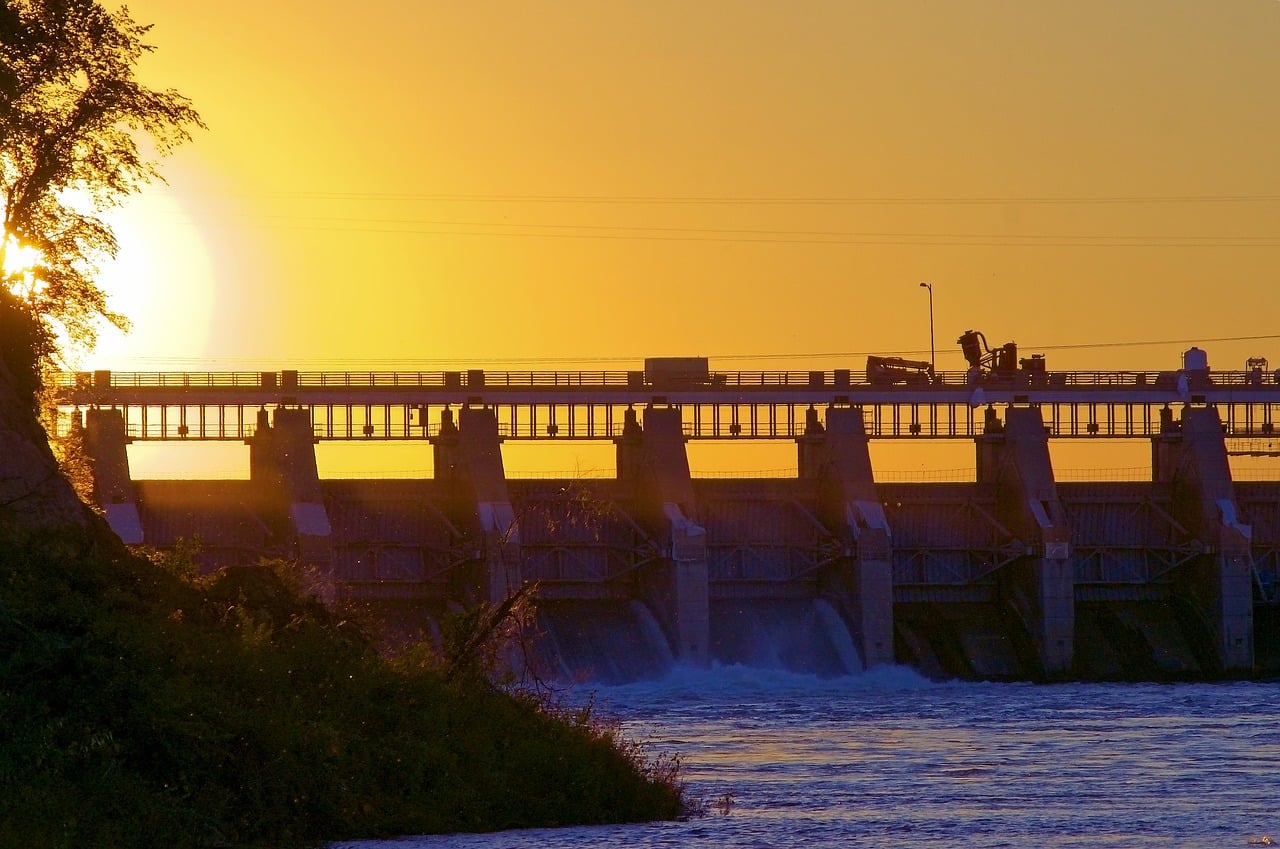A few million more people are added to the world’s population every day, and by 2050, that number is expected to reach an unsustainable nine million. This is a major concern, as many places are already experiencing water shortages, and the added demand from the growing population will put an enormous pressure on our already strained resources.
Many people have questioned if the globe will be able to support such a vast population and, if it can, how we are going to be able to supply water to everyone. Although humans can survive without a great deal of things, fresh water is not one of them.
What are the most effective means by which we can supply water to nine billion people?
If we want to ensure that there is water and sanitation for everyone, then we need to start making plans right now to ensure that there will be sufficient water. This means that we need to start taking care of our water resources and managing them in a much more efficient manner. If we want to ensure that there is water and sanitation for everyone, then we need to start making plans right now.
Listed below are some of the potential approaches that could accomplish this goal:
Establishing Accountability Mechanisms The neediest people are always the ones who suffer the most, and if we want to make sure that there is enough water for them as well, we need to make sure that those who do not give these services to the neediest people are held accountable in some way. These services ought to be subsidised for the poor, and the subsidies that are already given to those who are in a financial position to pay for them ought to be eliminated. In the same vein, those who are less fortunate need to be educated on how to become more self-reliant, how to reduce their water consumption, and how to recycle their used water. They should also be encouraged to demand a service of a good quality and to complain to the appropriate authorities if they are not provided with the service they require.
Almost anyone has heard about rainwater collecting, but how many of us truly know how to accomplish it? This is why it is important to spread awareness about the practise. Rainfall harvesting needs to be promoted in a significant way by large donors, water agencies, and even non-governmental organisations (NGOs), so that individuals, and farmers in particular, can utilise rainwater to the greatest extent feasible.
Construct Water Points That Are Both Robust and Long-Lasting Research has shown that more than twenty percent of boreholes and wells fail within the first year after they are constructed. This is especially problematic for low-income communities, as they are required to make financial contributions toward the construction of these water points, but they are then left even poorer and without access to water. These communities will continue to have access to drinkable water for many years to come as a result of improved drilling procedures for their wells.
Living-Water can provide your London-based business with a water cooler for the office as well as a free site assessment for water coolers.






